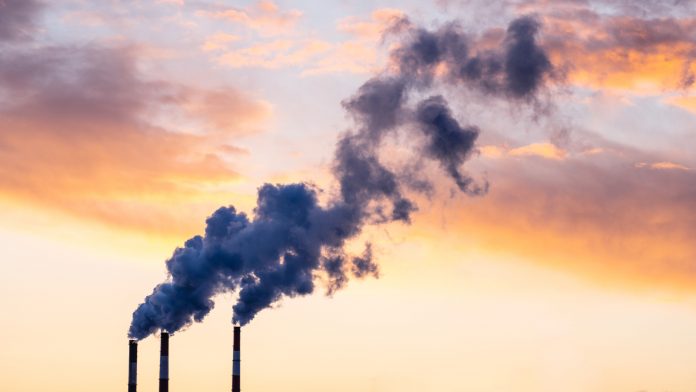Carbon offsetting is the solution for those who want to compensate for the emissions which they produce. Here, Mark Whittaker, General Manager for Consumer Sales at Flogas, examines how it can help us to lead a cleaner, greener future
The UK Government and, similarly, its people face a plethora of challenges on an annual basis. One significant pressure year-in-year-out however, is that of reducing the nation’s carbon footprint. With an ever-increasing population comes a growth in demand for energy resource. Something needs to be done if we are ever going to become carbon neutral.
Life, for so many throughout the UK has already witnessed a change as they bid to be more environmentally responsible. Whether that’s choosing to recycle, reducing the amount of plastic we use, using LPG, or even turning down the thermostat in our home by one degree – there’s a growing number of people dedicated to lowering their environmental impact.
Although these changes have helped, more work is required. Last year the UK government announced plans to achieve ‘Net Zero’ status by the year 2050(1), a target which aims to stop the UK from contributing to the increase of CO2 in the atmosphere. However, public awareness on how this will be achieved is still lacking. In fact, a recent report from the Citizen’s Advice Bureau found that just 38% of us are aware we’ll need to change the way our home is heated if we’re to achieve this goal. (2)
Effectively, we need to become fully carbon-neutral before we can abolish our carbon footprint. From heating our homes and offices to driving our cars or even making a cup of tea, it’s inevitable that we can’t always live up to the green standards we’d like to.
The meaning of carbon offsetting
If you consider the emissions that we produce as the problem, then carbon offsetting is the answer. It is a process in which people compensate their emissions by funding projects that provide sustainable development in communities around the world. These projects offer an equivalent reduction in emissions to those you create; either counteracting or absorbing carbon dioxide and bringing balance to the environment.
Carbon offsetting, as a strategy, has already been adopted by many big brands from around the world, including the likes of EasyJet(3), Shell(4) and Gucci(5), who all now utilise it to help improve the environmental impact of their businesses.
Why offsetting is important?
The importance of carbon offsetting lies in the fact that it allows people to make a positive contribution in terms of compensating for the emissions they produce that cannot be avoided.
In addition, the increased funding these causes receive can change lives, bringing economic, social and health improvements to whole communities. With people at the heart of carbon offsetting, as well as ecosystems, it allows us to begin future-proofing for a cleaner, greener world.
Choosing to offset my carbon emissions
Achieving a low carbon future is something we all need to contribute too. For homeowners, this means being given the chance to balance their carbon footprint while for the environmentally conscious and those looking to reduce their impact on the climate, carbon offsetting gives them the tools to make a difference. Whilst it shouldn’t be used as a stand-alone approach and is best used as part of a wider carbon reduction strategy, it will help people reduce their impact on the environment.
Offsetting carbon beyond my control
From supplying hydroelectric power to local grid in rural China, to the provision of eco-friendly cooking equipment to houses in West Africa, the beneficiaries of carbon offsetting are vast. One example is the Kariba REDD+ Forest Protection project in Zimbabwe, Africa. Since its launch in 2011, it’s avoided more than 18 million tonnes of carbon dioxide from being released into the atmosphere and has prevented deforestation in an area of nearly 750,000 hectares.
As previously mentioned, we all have a part to play. LPG prices are low, recycling is easy, and supporting initiatives such as carbon offsetting is beneficial in more ways than one for helping to achieve a future that works towards carbon neutrality.
References
(1)https://www.gov.uk/government/news/uk-becomes-first-major-economy-to-pass-net-zero-emissions-law
(4)https://www.businessgreen.com/bg/news/3082469/shell-to-offer-drivers-carbon-offsets-at-no-extra-cost
(5)https://www.gucci.com/uk/en_gb/st/stories/gucci-equilibrium/article/carbon-neutral











